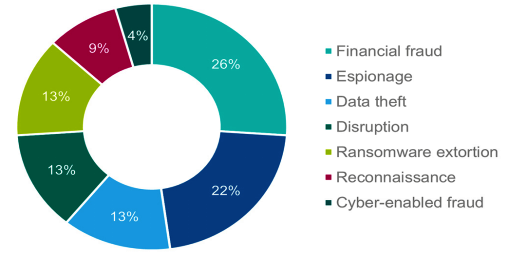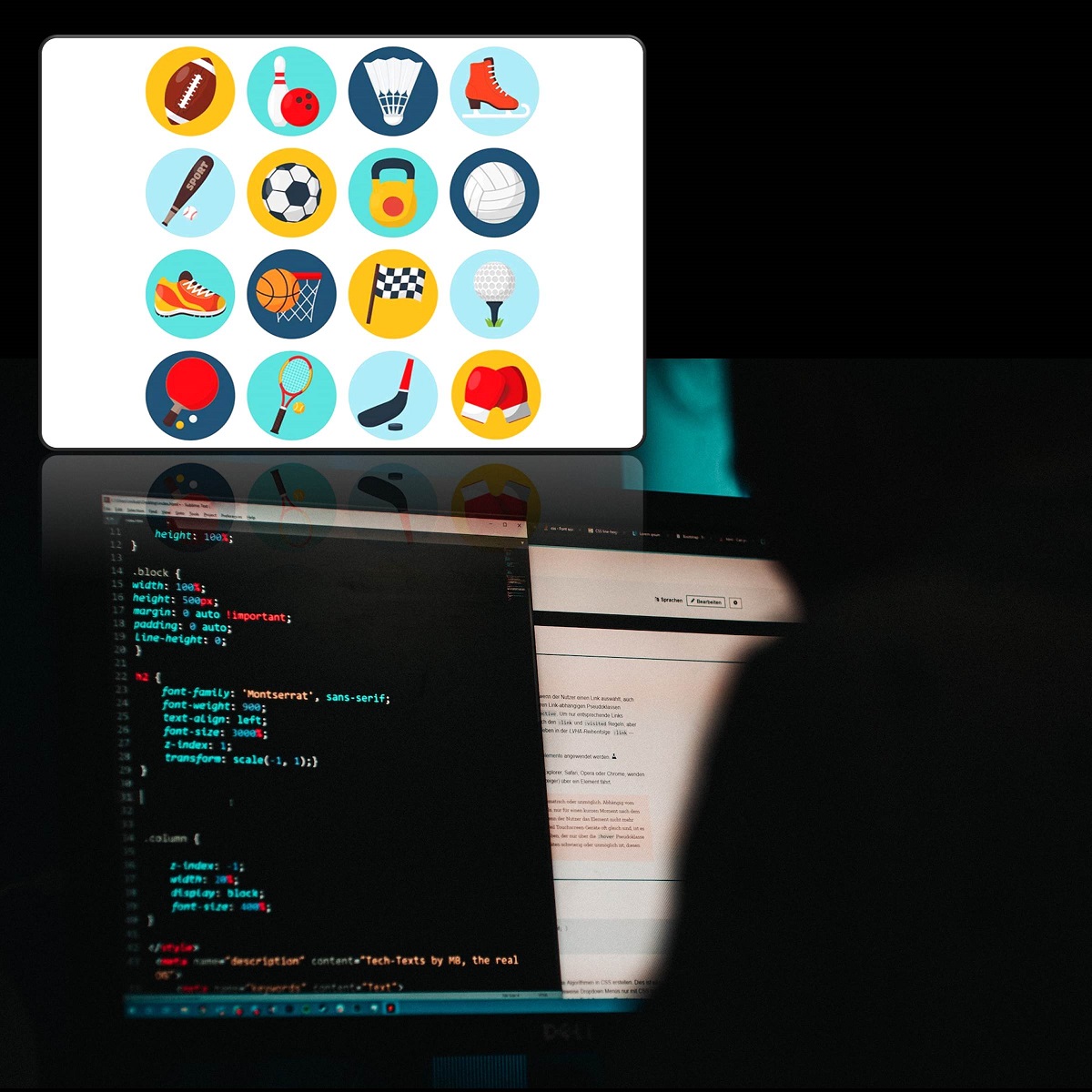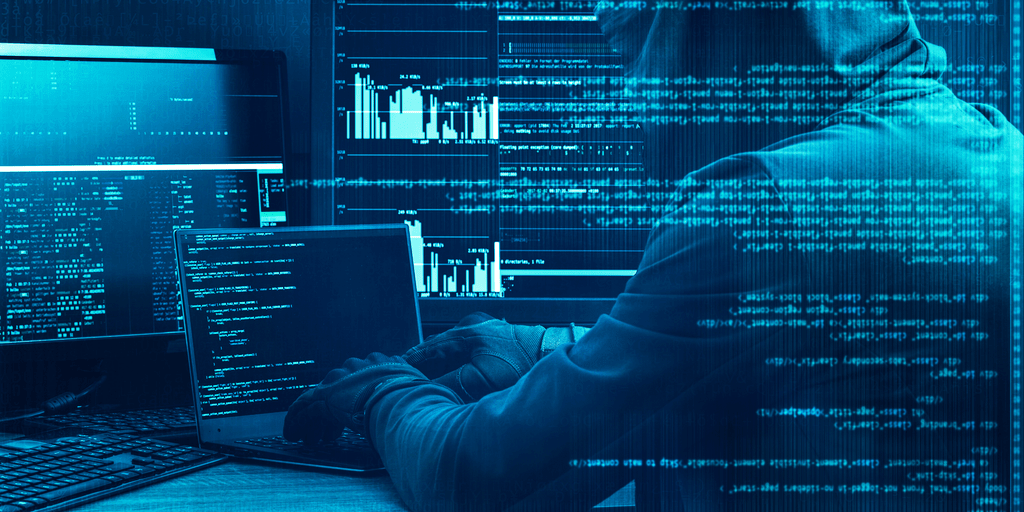As of the last update, cyber threats targeting high-profile sporting events and venues have been a growing concern. Hackers have shown an interest in exploiting the popularity and widespread attention surrounding these events to achieve various malicious objectives. These threats can manifest in different ways, such as:
- Data Breaches: Hackers may target the databases and systems of event organizers, ticketing platforms, or venue management to steal sensitive information such as personal data, payment details, or even intellectual property related to the event.
- Ransom-ware Attacks: Sporting events and venues are not immune to ransom-ware attacks, where hackers infiltrate systems and encrypt critical data, demanding a ransom for its release.
- Disruption of Services: Hackers may attempt to disrupt event operations by targeting essential infrastructure like ticketing systems, Wi-Fi networks, or even broadcast systems.
- Phishing and Social Engineering: Cyber-criminals may craft convincing phishing emails or messages to trick fans, participants, or event staff into revealing sensitive information or downloading malware.
- Distributed Denial of Service (DDoS) Attacks: These attacks involve overwhelming event websites or online platforms with a massive volume of traffic, making them inaccessible to legitimate users.
- Intellectual Property Theft: Hackers might attempt to steal proprietary information, trade secrets, or copyrighted material related to the event, which could be used for financial gain or to undermine the event’s integrity.
Event organizers, venues, and related stakeholders need to prioritize cyber-security measures to safeguard against such threats. This includes implementing strong access controls, regular security audits, employee training on cyber-security best practices, and proactive monitoring of network activities.

It’s important to note that cyber threats continually evolve, and new techniques might emerge beyond the last update. For the most current information, the recommendation is checking with cyber-security experts or trusted sources for up-to-date insights on cyber threats targeting sporting events and venues.
According to Microsoft’s latest Cyber Signals report, high-profile sporting and entertainment events held in increasingly connected venues are facing a growing threat from hackers. These events pose significant cyber risks to organizers, host facilities, and attendees.
The report emphasizes that sports teams, major leagues, global sporting associations, and entertainment venues are at risk due to the valuable information they hold. Cyber-criminals are particularly interested in gaining access to data related to players’ and teams’ athletic performance, competitive advantages, and personal information, as these details are highly lucrative targets.
Regrettably, the valuable information in high-profile sporting and entertainment events can be exposed to significant vulnerabilities due to the extensive use of connected devices and interconnected networks within these environments. The report highlights that these vulnerabilities often span across multiple entities, including teams, corporate sponsors, municipal authorities, and third-party contractors. As a result, teams, coaches, athletes, and fans are all at risk of data loss and extortion.
The Microsoft report emphasizes that cyber-attacks against sports organizations are on the rise. The pressure to provide a smooth and secure experience on the global stage increases the stakes for local hosts and facilities. Even a single faulted device, exposed password, or overlooked third-party connection can lead to a damaging data breach or successful intrusion.

Fig: Targeting of the sports sector globally (by campaign objective, 2019-23)
The report also mentions that Microsoft provided cyber-security support to critical infrastructure facilities during the FIFA World Cup Qatar 2022 to help mitigate potential cyber threats during the event. This indicates the seriousness of the issue and the need for proactive measures to protect sensitive information and ensure the safety and integrity of such large-scale events.
According to Microsoft’s report, the company provided cyber-security support to Qatari facilities and organizations during the period between November 10 and December 20, 2022, conducting over 634.6 million authentications to bolster defences.
The report highlights that high-profile sporting and entertainment events are facing threats from both nation-states and cyber-criminal groups. Such events continue to be attractive targets for threat actors due to various motivations, including nation-states seeking broader geopolitical interests and cyber-criminal groups eyeing the significant financial opportunities within sporting and venue-related IT environments.

To safeguard against these threats, Microsoft recommends having continuous monitoring in place with an additional set of eyes dedicated to pro-actively detecting and notifying about potential threats.
The report emphasizes that cyber-security threats in the context of sporting events and venues are diverse and complex, demanding constant vigilance and collaboration among stakeholders to prevent and mitigate potential escalation. With the global sports market being valued at over $600 billion, it becomes a lucrative target for malicious actors.
To enhance security, it is crucial to identify and address potential threats that are specific to the event, venue, or the nation where the event takes place. By adopting these measures, organizers can better protect against cyber-attacks and ensure a safe and successful experience for all involved parties.
The increased reliance on technology in the sports industry, from ticketing systems and broadcasting to data analytics and player performance tracking, has exposed various entry points for cyber-criminals to exploit.
❖ Here are some potential areas of vulnerability:
- Ticketing Systems: Sporting events often rely on online ticketing platforms, and cyber-criminals may attempt to breach these systems to steal personal information or conduct fraudulent transactions.
- Broadcasting and Streaming: Cyber-attacks on broadcasting networks or streaming services could lead to disruptions in live coverage or unauthorized access to premium content, causing financial losses for both event organizers and broadcasters.
- Player and Team Data: With the extensive use of data analytics in sports, cyber-criminals might target player and team data to gain a competitive advantage or ransom sensitive information.
- Infrastructure and Operations: Sporting venues might have integrated systems for security, lighting, and other essential operations that could be targeted to cause disruptions or chaos during an event.
- Financial Transactions: Sports events involve a significant number of financial transactions, both in terms of ticket sales and merchandise. Cyber-attacks on payment systems could lead to financial losses and damage to the reputation of event organizers.
- Personal Data of Spectators: Large crowds attending sporting events might be vulnerable to data breaches, especially if public Wi-Fi networks are not secure or if event organizers mishandle personal data.
To mitigate these vulnerabilities, event organizers, sports organizations, and venue operators need to take proactive measures to enhance their cyber-security defenses. Some steps that can be taken include:

- Regular security audits and vulnerability assessments of systems and networks.
- Implementing strong access controls and multi-factor authentication to protect sensitive data.
- Regular staff training on cyber-security best practices and awareness of potential threats.
- Engaging cyber-security experts to identify and address potential weaknesses.
- Creating incident response plans to deal with cyber incidents effectively and minimize damage.
- Collaborating with cyber-security agencies and law enforcement to stay informed about emerging threats and trends.
Please note that the cyber-security landscape is continually evolving, and newer threats and vulnerabilities may have emerged since my last update. Therefore, it’s essential to keep up-to-date with the latest cyber-security practices and invest in ongoing efforts to secure sporting events and venues.


